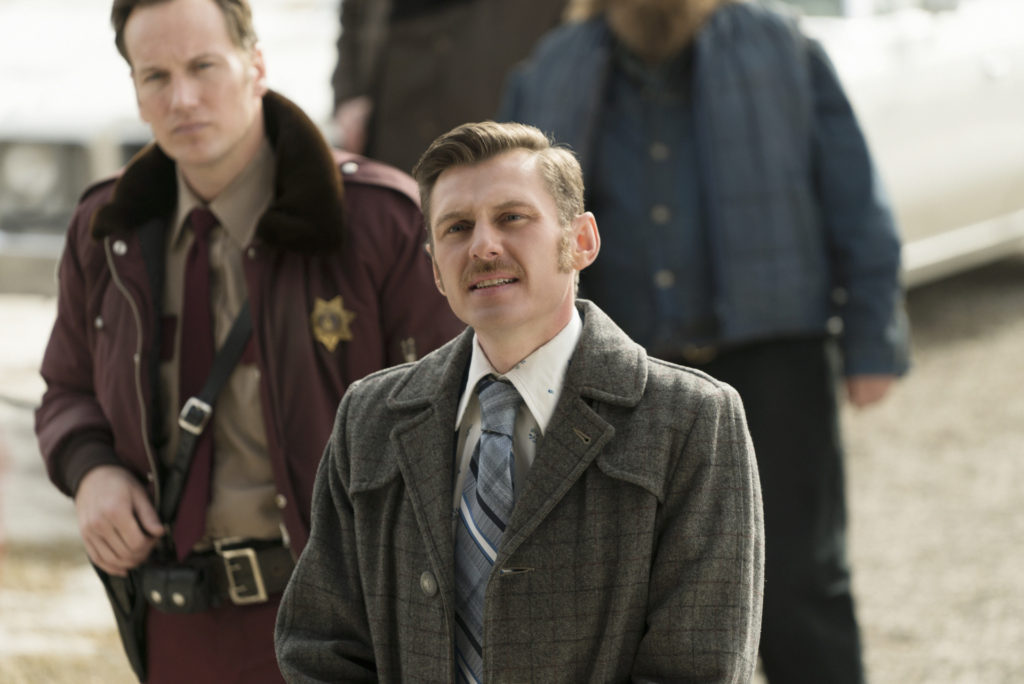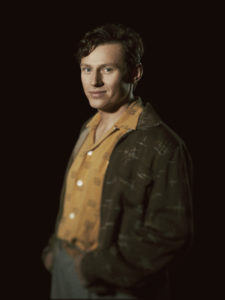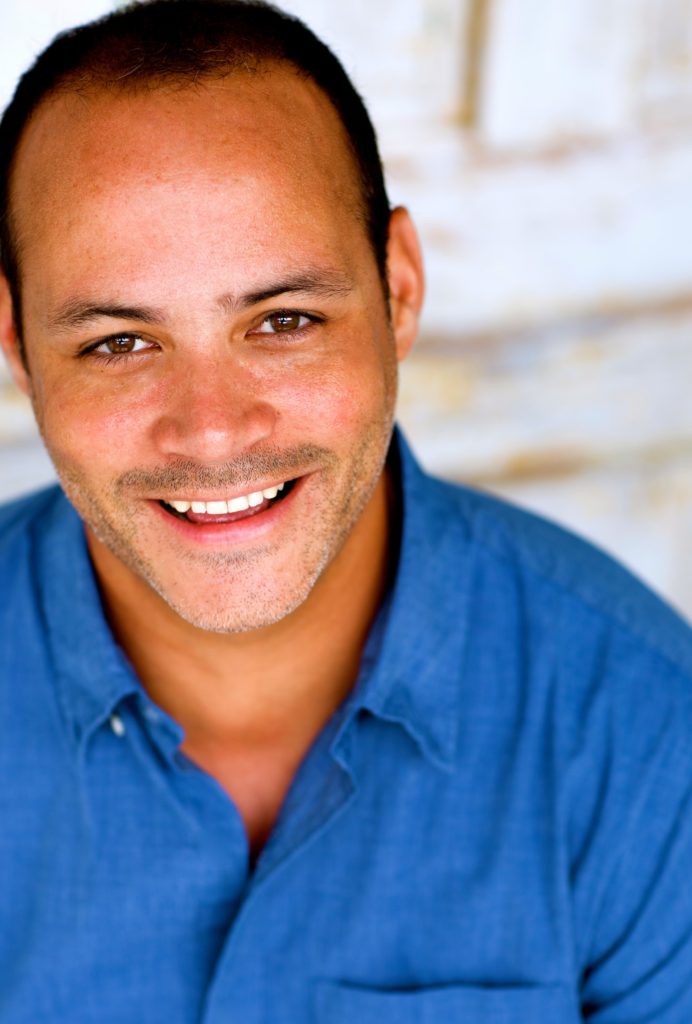 Name: Marlon Correa
Name: Marlon Correa
Hometown: Caguas, Puerto Rico
Current Location: Los Angeles, CA
TrunkSpace: When did you know that you wanted to act for a living?
Correa: Yeah, I remember a few instances but one that sticks out was a talent show for a class project I had in middle school in Garland, TX. My group choose to lip sync to Bon Jovi’s “Livin’ On A Prayer” and I remember wanting to be really good, not only for a grade but to step out of my shell a bit and try something I had never done before. And sure enough it was a hit and the class loved it and I remember this awesome feeling, I had just performed in front of people and it felt amazing and real! It was a great experience and I believe the bug bit me because after that day that’s all I could think about, well when I wasn’t playing baseball. (Laughter)
TrunkSpace: Was there a particular performance or actor/actress from your childhood that you remember being drawn to and inspired by?
Correa: Hmm. There weren’t specific actors or performances but I think it was after watching films like “The Outsiders,” “The Goonies” and “Top Gun” that I started dreaming about the adventures you can take with a character as an actor. Though Matt Dillon’s performance in “The Outsiders” was very inspiring.
TrunkSpace: How did you decide to approach your career as an actor? Did you formulate a plan of how you wanted to attack what is known for being a hard industry to crack?
Correa: I knew I wanted to go to a conservatory type setting and get my education that way. After college I stayed in New York City and it was basically a simple plan – to work as hard as I could to build a team and audition, audition, audition for Off and Off-Off Broadway productions. I knew it was a numbers game and exposure was the only way to get noticed. The plan was just to get out there and be seen. As they say, “…to build my resume.” But definitely, theater was the plan – theater led to film and television in New York.
TrunkSpace: When did you decide to move away from your home and pursue acting as a career? How old were you at the time?
Correa: Well, I left home at the age of 19 to attend the American Musical and Dramatic Academy in NYC so that was leaving home, but I guess when I moved to Los Angeles it felt more like “leaving home” to pursue the career, and that was at age 25.
TrunkSpace: Was that move an easy transition for you initially? How long did it take you to feel at home and find a good support group of friends and peers?
Correa: I was lucky in the sense that I moved out to Los Angeles with a girlfriend and coincidentally my roommate from college in NYC had a spare room in his North Hollywood apartment with other people that I knew so I had the support group immediately. It was nice. But the transition wasn’t always smooth. Los Angeles is very different than New York city. Very different! I hated it. I started to miss NY and home, I ended up leaving town and headed back east. After a couple of years I returned, but I was better prepared and ready for the grind of the town.
TrunkSpace: What has been been your biggest break in terms of a particular role or project thus far?
Correa: I’m still working for that break but I guess booking my first network costars on “NCIS: Los Angeles” and “Ray Donovan” opened up more opportunities with casting directors. I was recently on the new CBS show “S.W.A.T” and it was the first time in a while that I did not play a uniformed cop or a firefighter, so that was awesome. I love playing different characters.
TrunkSpace: Is there a specific type of role you’d like to take on or a specific genre that you feel more at home in?
Correa: I love drama. That’s the one genre I have always felt the most comfortable with, but just recently comedy has been popping up at auditions and I really like that. It’s a bit more challenging when it comes to comedy, the rhythm has to be right, so when you’re on, it’s great!
TrunkSpace: What would you say is the greatest strength an actor/actress can have outside of acting ability itself?
Correa: I think the actor should be life experienced, as much as they can be. It will make your work that much more interesting. The better we are prepared, the easier that particular journey will be. Also, having an open mind. Flexibility.
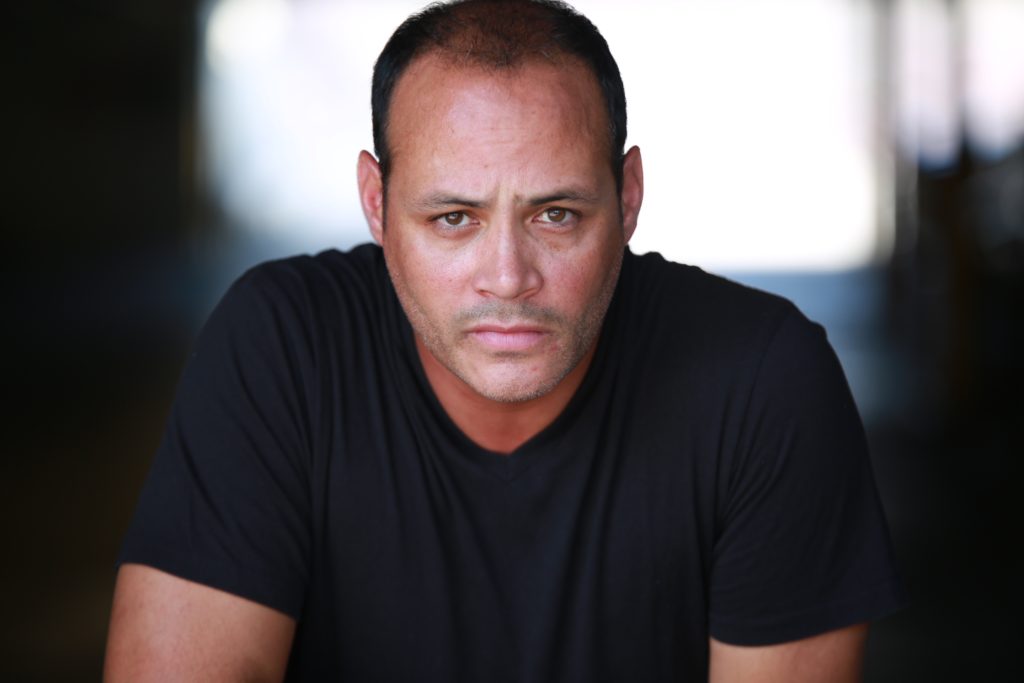
TrunkSpace: What is your ultimate dream when it comes to your acting career? Where would you like your path to lead?
Correa: I would love to work on films during the spring and fall and then Broadway stages summer and winter. That would be the ultimate dream acting career for me. Ahhh… that would be amazing.
TrunkSpace: What advice would you give another young aspiring actor/actress who is considering moving away from home to pursue their dream?
Correa: Get your education and finances in order, live life, get hurt, and get happy. Then take the plunge. Figure out what you have and what you need, then go get it. Spend time with family and friends, you will miss them. But most important of all focus, focus, focus and never, ever take yourself too serious.
TrunkSpace: Where can people (and casting directors) learn more about you?
Correa: IMDb has the most up to date info on projects as well as contact information.


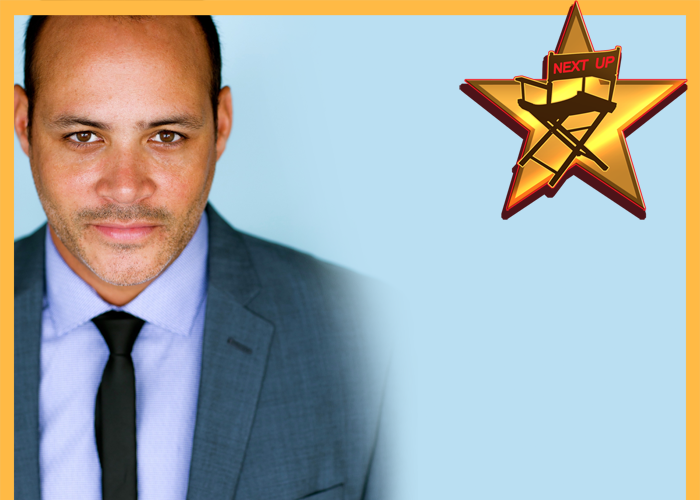
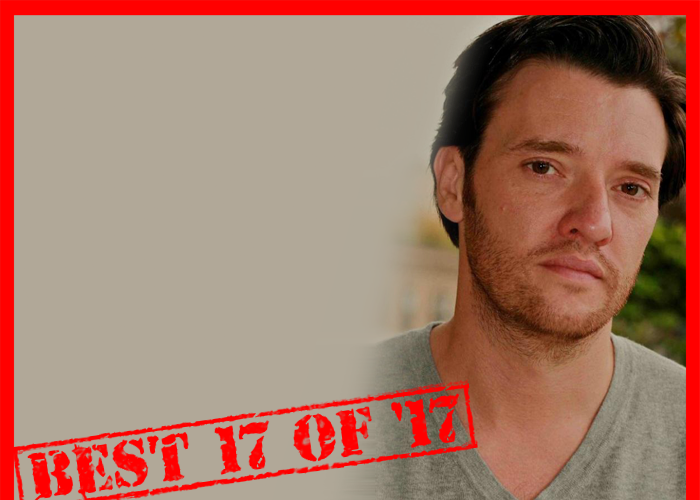
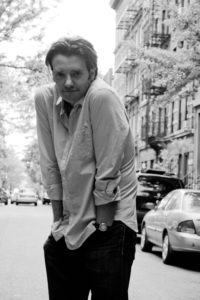
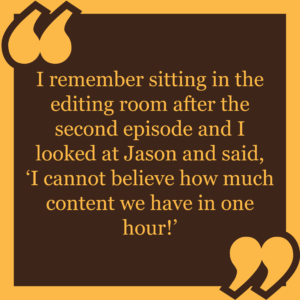
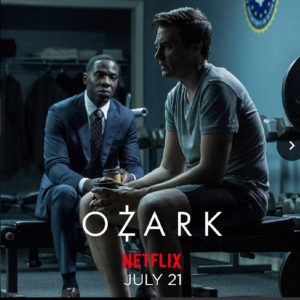 TrunkSpace: It felt very reminiscent of early Coen Brothers, like “Miller’s Crossing.”
TrunkSpace: It felt very reminiscent of early Coen Brothers, like “Miller’s Crossing.”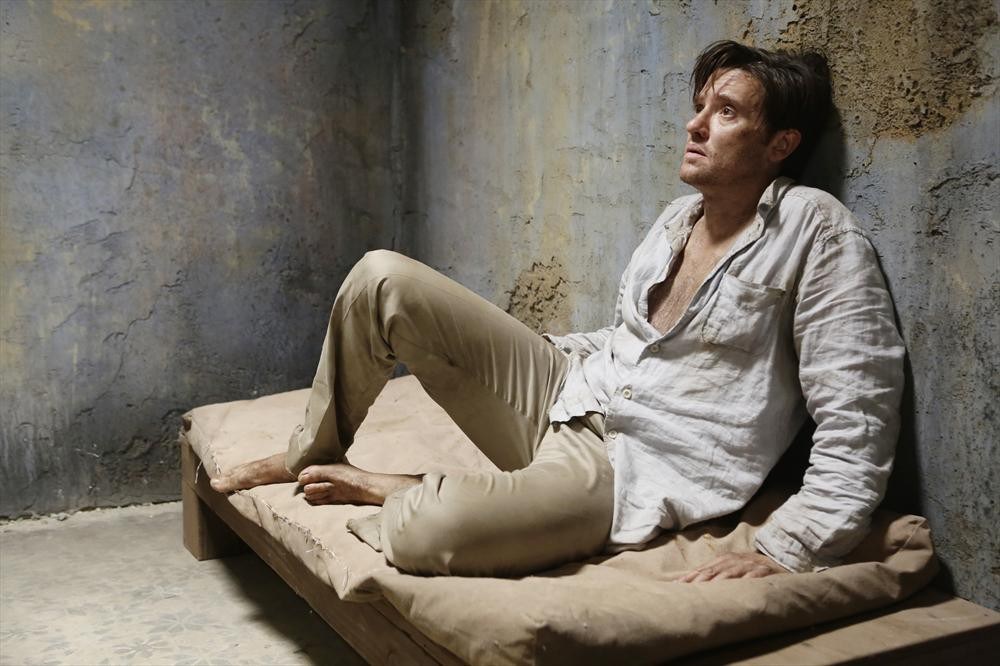
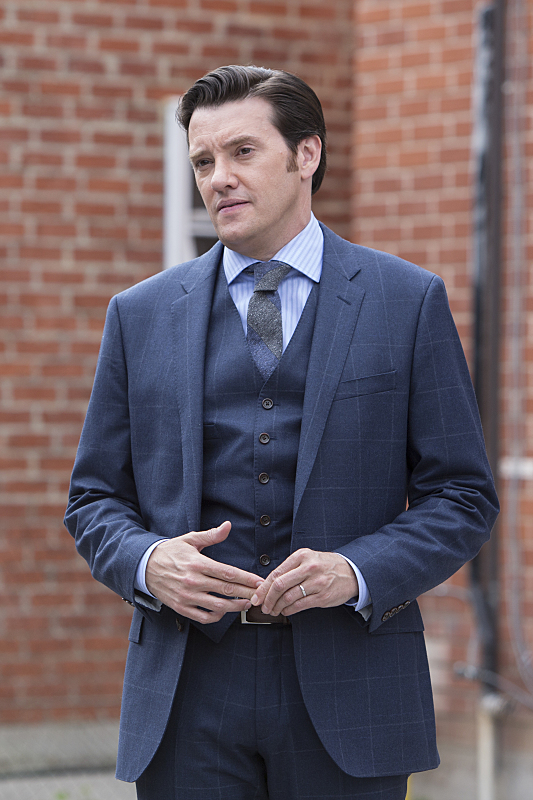
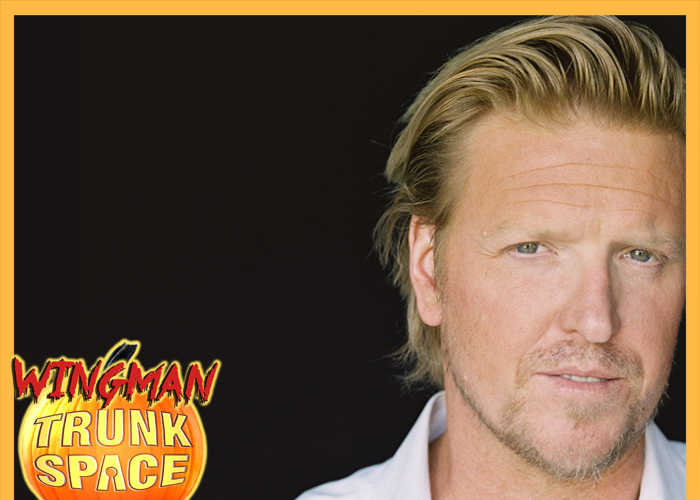
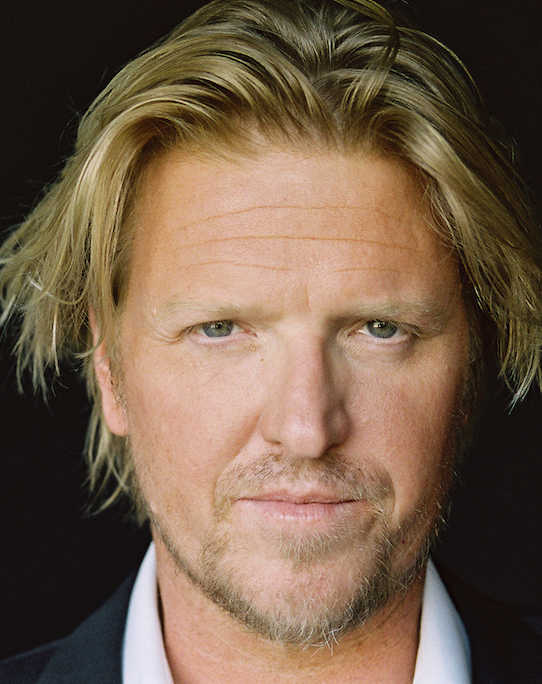
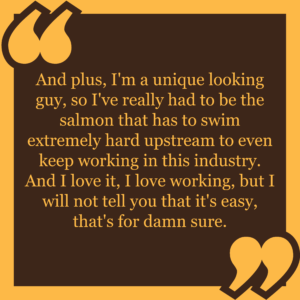 for a plane ticket, or a rental car in Oklahoma, so she drove her Jeep out during “Twister.” Then when I booked “Starship Troopers” and bought a brand new Dodge truck, she drove that out from LA to Wyoming for the whole filming. And then I put her in the film – she was a stand-in for Denise Richards. That was a real bonding experience for all the people there, and to have my girl with me was fantastic.
for a plane ticket, or a rental car in Oklahoma, so she drove her Jeep out during “Twister.” Then when I booked “Starship Troopers” and bought a brand new Dodge truck, she drove that out from LA to Wyoming for the whole filming. And then I put her in the film – she was a stand-in for Denise Richards. That was a real bonding experience for all the people there, and to have my girl with me was fantastic. 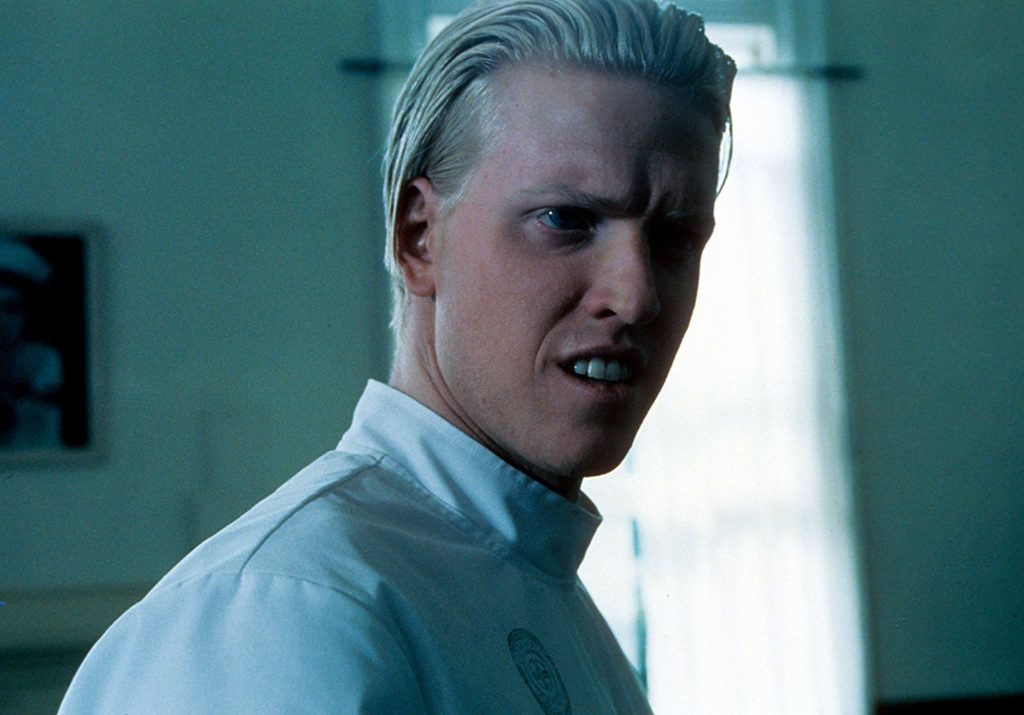
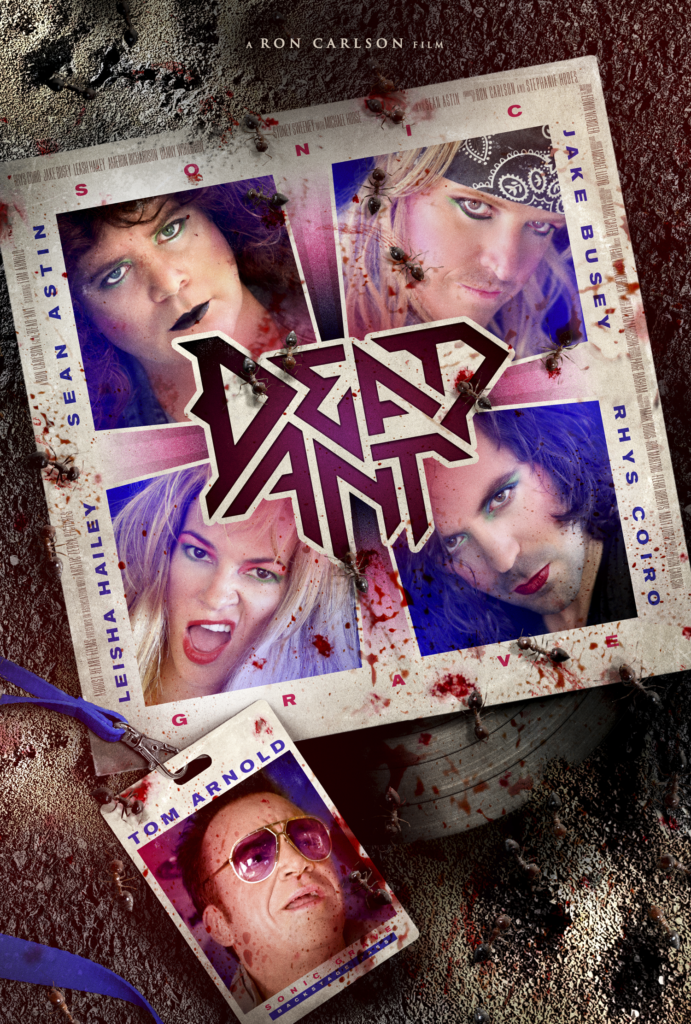 I’ll tell you what, I’ve got a lot of friends who are actors that are my age and we share in a unique thing about being Generation X-ers. There wasn’t as many of us, so we were never the popular majority. So I’ve got a lot friends, including myself, that never quite made it over the top of that multiple million dollar spandex movie for their characters, and you’re kind of caught in this lurch, by virtue.
I’ll tell you what, I’ve got a lot of friends who are actors that are my age and we share in a unique thing about being Generation X-ers. There wasn’t as many of us, so we were never the popular majority. So I’ve got a lot friends, including myself, that never quite made it over the top of that multiple million dollar spandex movie for their characters, and you’re kind of caught in this lurch, by virtue. 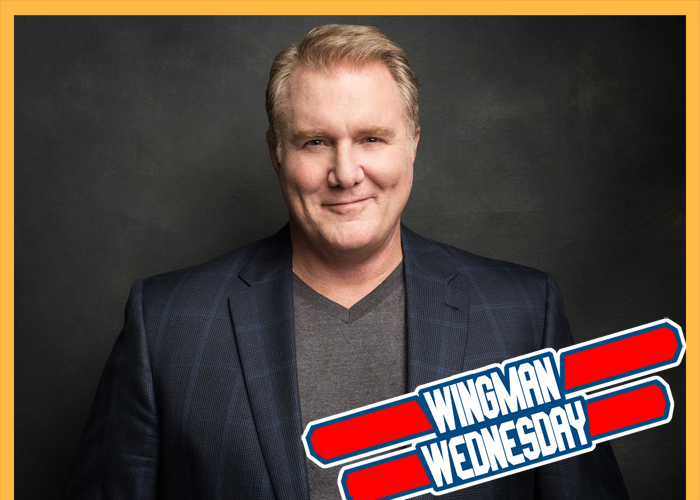
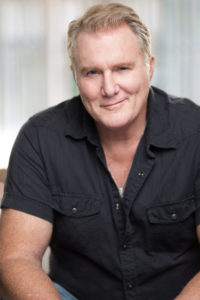
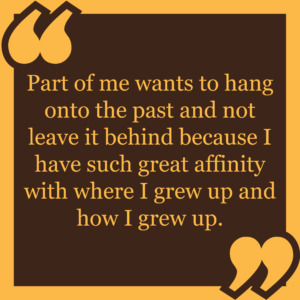 doing and what we’re seeing. If you watched “Cops” or all of these other shows we had on TV, you can’t have anything less exciting than that when you’re doing a cop show. People won’t watch it. It has to have those realistic elements and the drama behind it, the good storytelling, and the interesting characters. We kind of cross-pollinated.
doing and what we’re seeing. If you watched “Cops” or all of these other shows we had on TV, you can’t have anything less exciting than that when you’re doing a cop show. People won’t watch it. It has to have those realistic elements and the drama behind it, the good storytelling, and the interesting characters. We kind of cross-pollinated.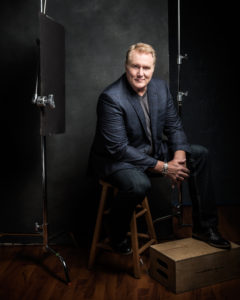

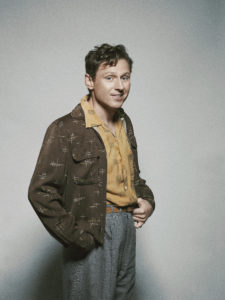
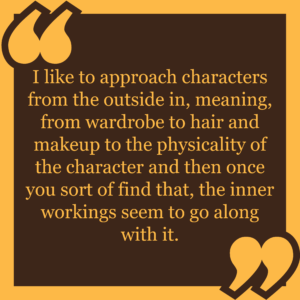 the case of Dewey, that wardrobe just seems like it would help you get right into character.
the case of Dewey, that wardrobe just seems like it would help you get right into character.